
Zeb Akhtar/Ranchi
Dr Sajid Hussain, a scientist who quit a prestigious research career, is building a brighter future for the children of Chitarpur village in Ramgarh.
He has envisioned a model that is redefining education across India. At the heart of this transformation is his initiative “Schoologium” — a beacon of hope for thousands of students and hundreds of teachers.
Sajid explains, “Just as our body needs exercise to stay fit, the brain too needs regular practical workouts to stay active.” At Schoologium, children don’t just study from textbooks — they learn through touch, smell, taste, and experience.
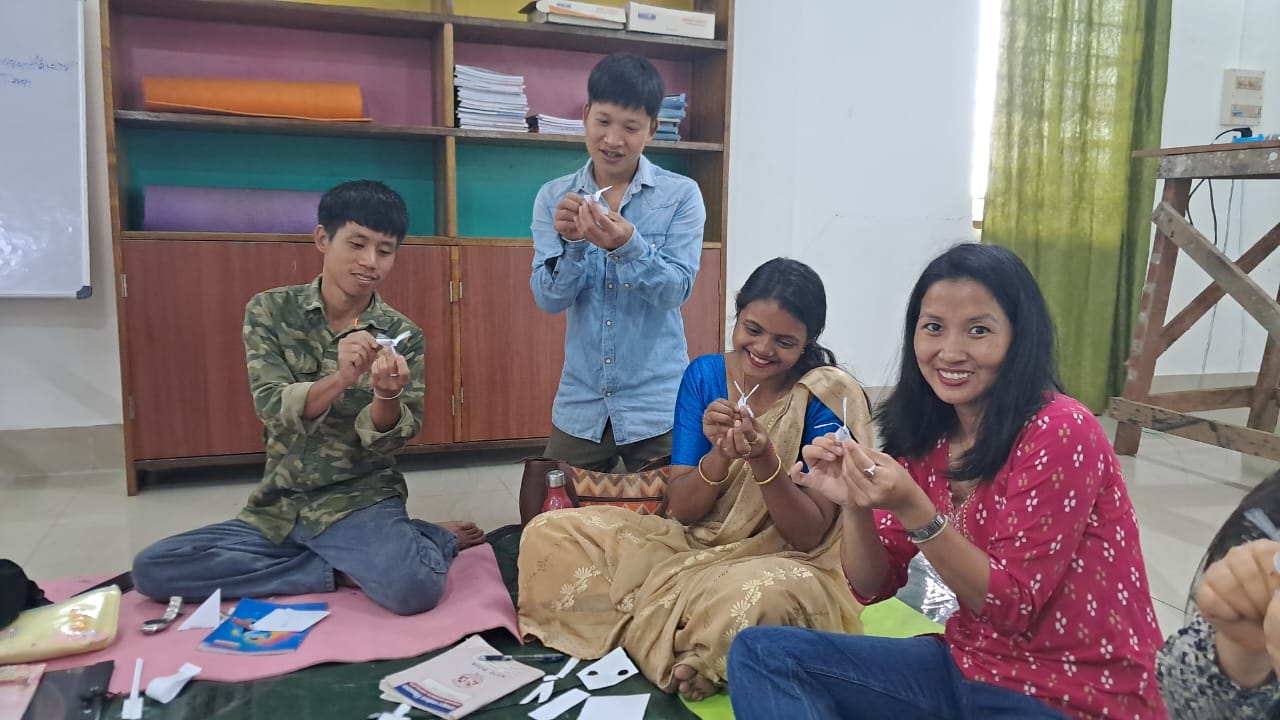 Sajid Hussain working with teachers
Sajid Hussain working with teachers
They taste lemon, bitter gourd, and turmeric to understand acids and bases; they learn nutrition by examining grains and vegetables from their own kitchens. It’s learning through interaction and imagination — reminiscent of Rabindranath Tagore’s vision of Shantiniketan.
Dr Sajid Hussain hails from Chitarpur, a village about 30 kilometres from Nemra. His early schooling was in a government school where more than 100 children shared a single classroom. Only a handful from that school went on to build successful careers — a reality that left a lasting impression on him.
After completing his Master’s at the Indian Institute of Science, Bengaluru, and earning a PhD in Germany, Sajid began working as a scientist at the National Aerospace Laboratories. But his exposure to premier institutions in India and abroad revealed a painful truth — rural children do not lag because of a lack of intelligence, but because they lack access to quality educational tools.
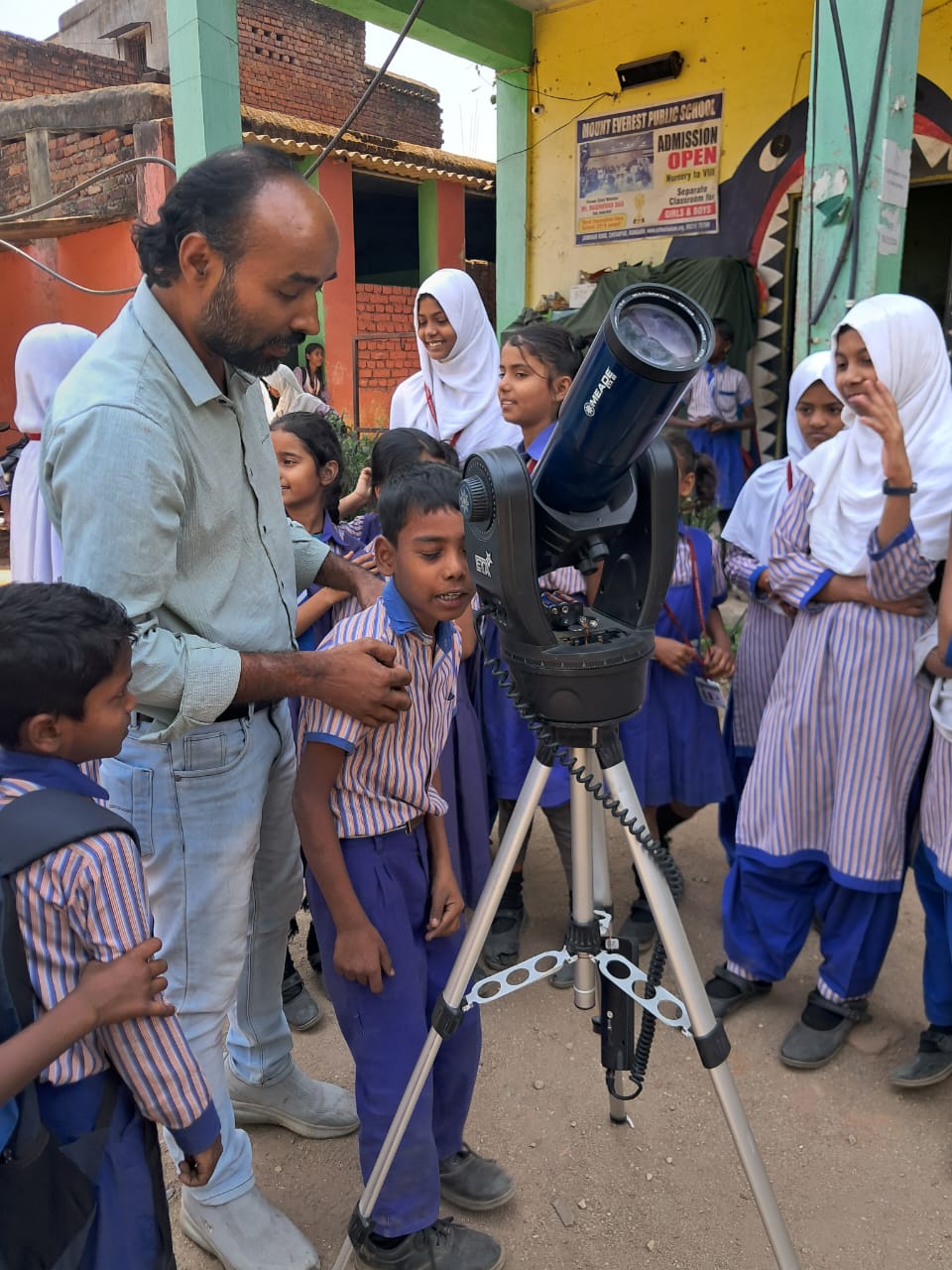 Sajid Hussain with children out in the field
Sajid Hussain with children out in the field
Determined to bridge this gap, Sajid resigned from his government job in 2012 and returned to his village. That’s where Schoologium was born — the name itself blending “school” and “gymnasium.”
His biggest challenge was to change the mindset of teachers. Most rural educators were accustomed to rote-learning methods, and adapting them to an experiential model required months of training. To address this, Schoologium not only educates children but also trains teachers. Sajid’s approach, called Maker-Oriented Pedagogy, focuses on nurturing problem-solving and decision-making skills.
He believes that in the coming decades, as Artificial Intelligence and Robotics dominate the job market, only those with strong problem-solving abilities will thrive.
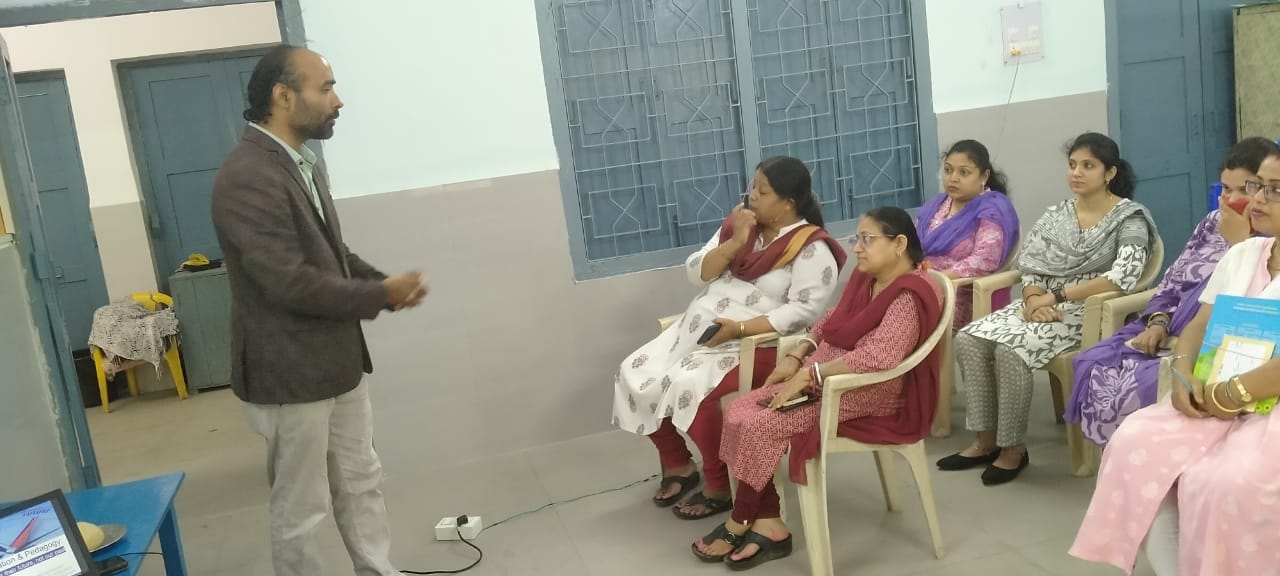 Sajid Hussain explaining his concept to teachers
Sajid Hussain explaining his concept to teachers
Today, his model has spread far beyond Jharkhand — from Karnataka to Arunachal Pradesh, several schools have adopted it. Institutions like DBMS School, Jamshedpur, and a Sainik School in Arunachal Pradesh are already implementing the Schoologium module. Both NITI Aayog and the Jharkhand Government are exploring ways to adopt it on a wider scale.
In 2017, Sajid launched another innovation — creating a new generation of textbooks for children. After seven years of work, in 2024, Schoologium Books introduced 48 innovative kindergarten textbooks built around maker-based learning and experiential education.
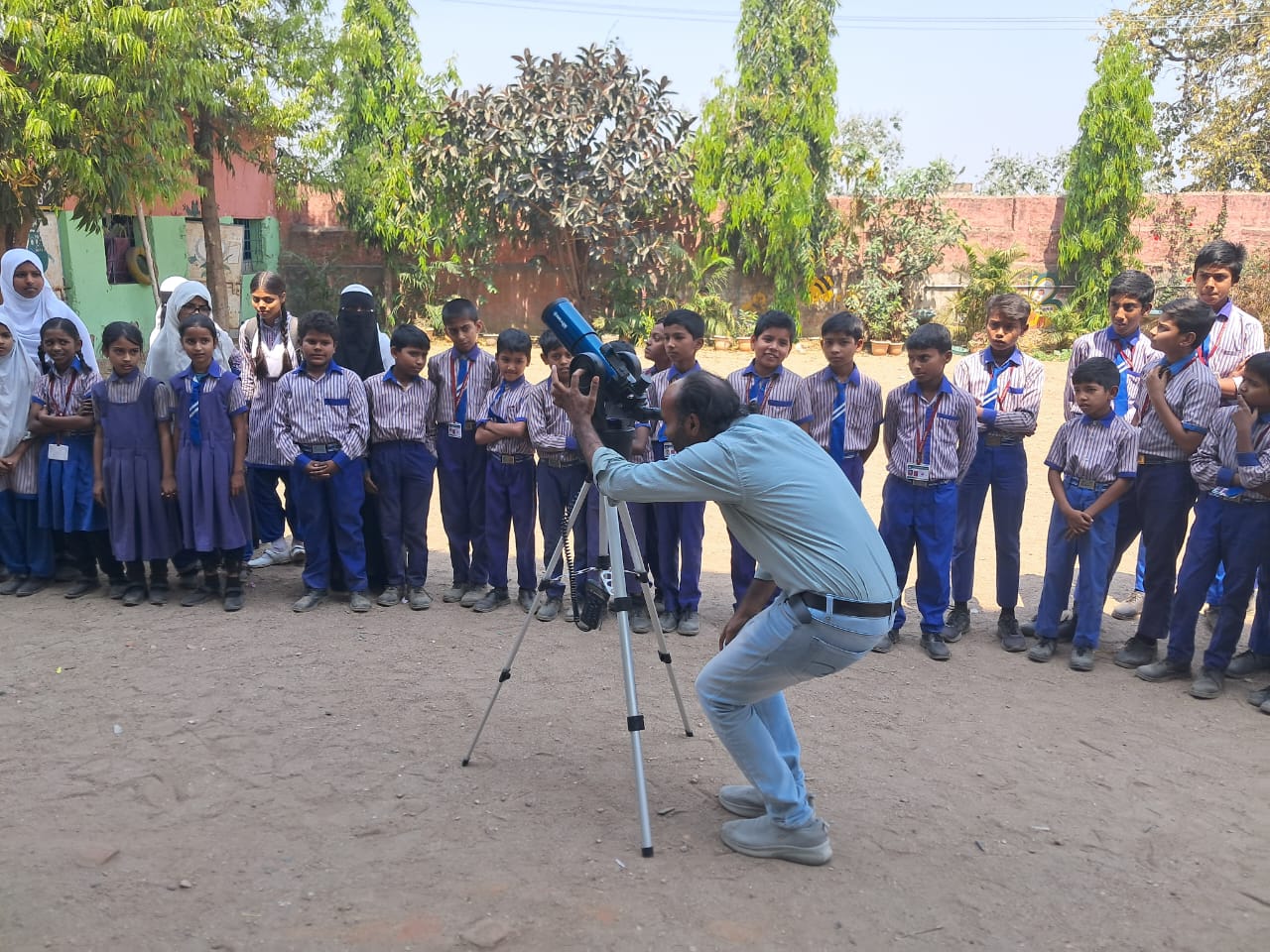 Sajid Hussain showing the use of telescope to children
Sajid Hussain showing the use of telescope to children
The project involved collaboration with experts from Azim Premji University, DPS Ranchi, and Jharkhand University of Technology. Former Vice-Chancellor of Ranchi University, Prof. A.A. Khan, praised the initiative, saying, “These books bring refreshing depth and creativity to early education. They encourage children to learn actively and joyfully.”
The transformation across villages is visible. Children who dropped outs of school due to lack of interest now attend classes eagerly, captivated by hands-on experiments and creative learning. Parents, too, have noticed the difference — earlier, their children memorised lessons, now they come home asking questions, exploring ideas, and thinking critically.
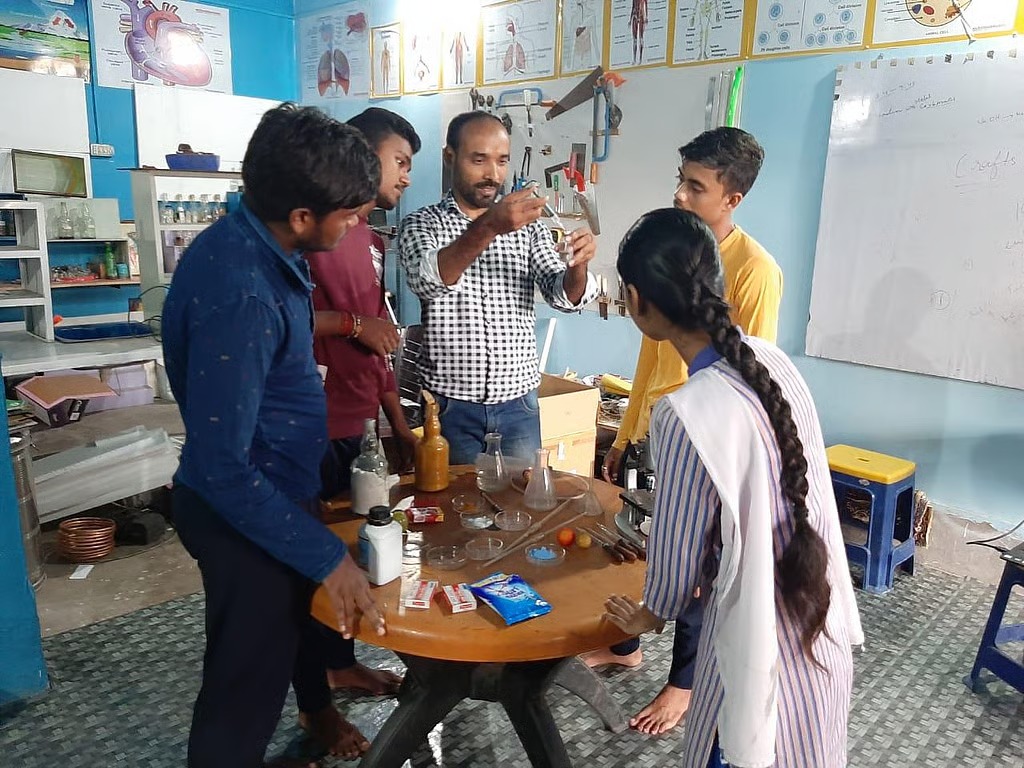 Sajid Hussain with students in a laboratory
Sajid Hussain with students in a laboratory
Sajid’s next dream is to build a school without thick books or concrete walls — where children learn directly from fields, gardens, markets, and daily life. “We don’t want to create job seekers,” he says. “We want to create job givers.”
ALSO READ :Begum Akhtara Ahmed is first Muslim woman elected to Bodoland Council
Today, the small village of Chitarpur has become a hub of educational innovation. The vision of one man has reshaped the destiny of thousands of rural children.
